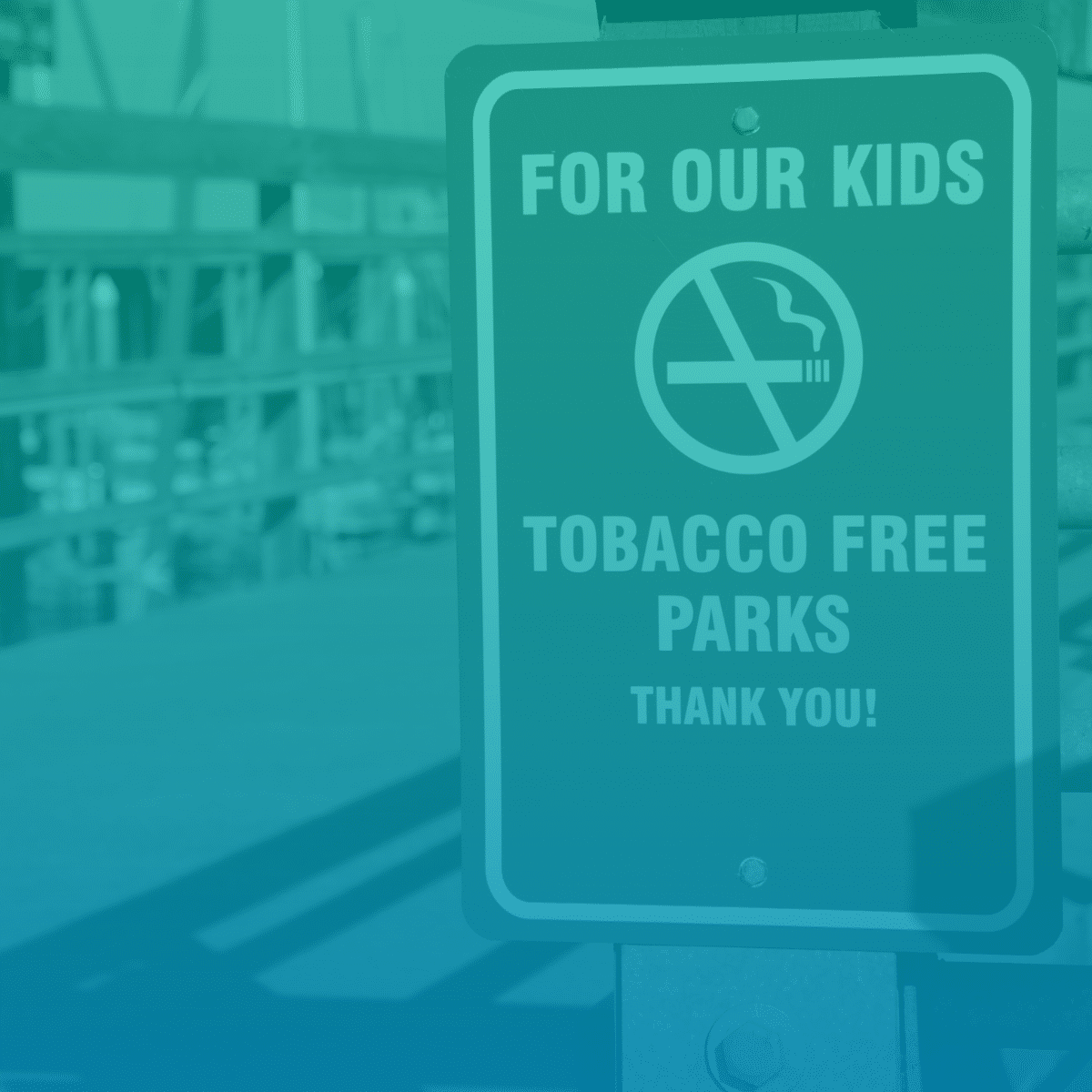10 Essential Public Health Services
6. AUTHORITY
Use legal and regulatory actions to improve and protect population health
Public Health uses its authority to promote health, prevent the spread of infectious disease, protect against environmental hazards, advance equity, and provide local public health infrastructure and health services. Public health authority is enacted through legal and regulatory actions, administrative oversight, licensing, and more. During declared emergencies, state and federal authorities have broader powers to assist local governments, suspend or modify legal requirements, pass and enforce law, and expend funds for the health, safety, and welfare of society.

Equity & Systems
Public health authority sets the stage for public health at a systems-level. It’s important that the Public health authority takes an equitable approach by considering how:
- Existing laws and policies affect fundamental drivers of inequities
- Enforcement and punitive consequences can drive inequities
- Limits to public health authority disproportionately threaten the well-being of certain priority populations
Public Health in Action
On January 31, 2020 the first nationwide public health emergency was declared in response to COVID-19. This enabled Public Health to take actions to protect public health, including isolation and quarantine requirements, vaccination mandates, revised standards for licensure of medical professionals, and other emergency response efforts.
Priorities
Reflection Questions
- Why is public health authority essential to health, well-being, and equity?
- What are potential implications of weakened public health authority?
- How can public health authority be leveraged for equity?
